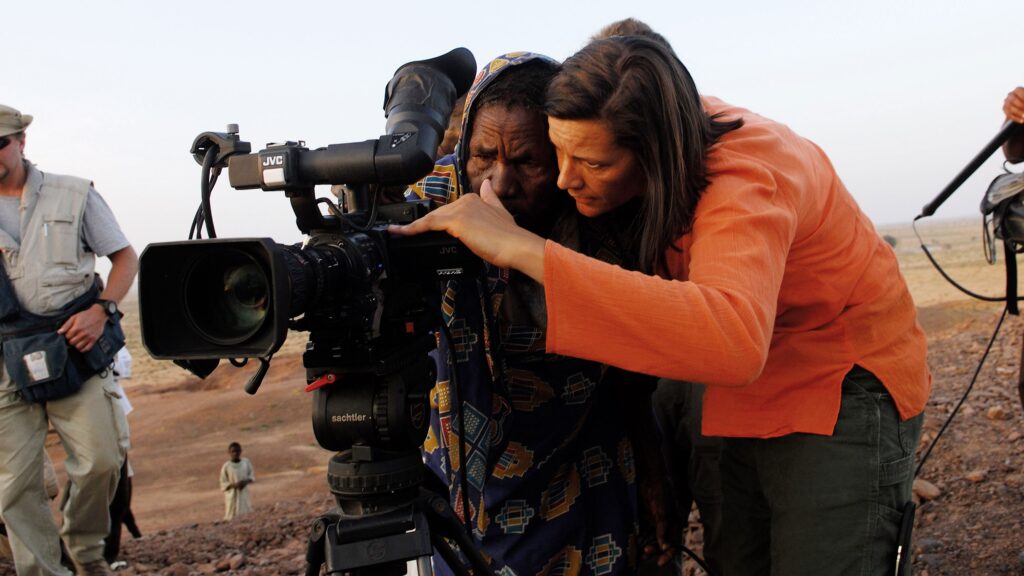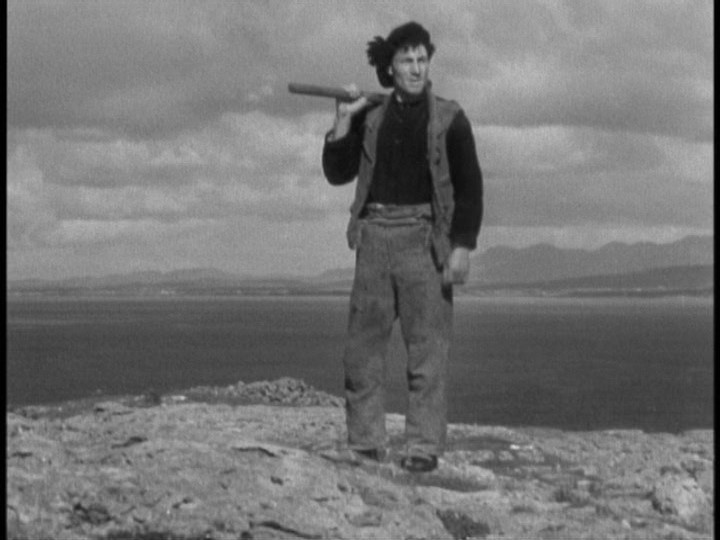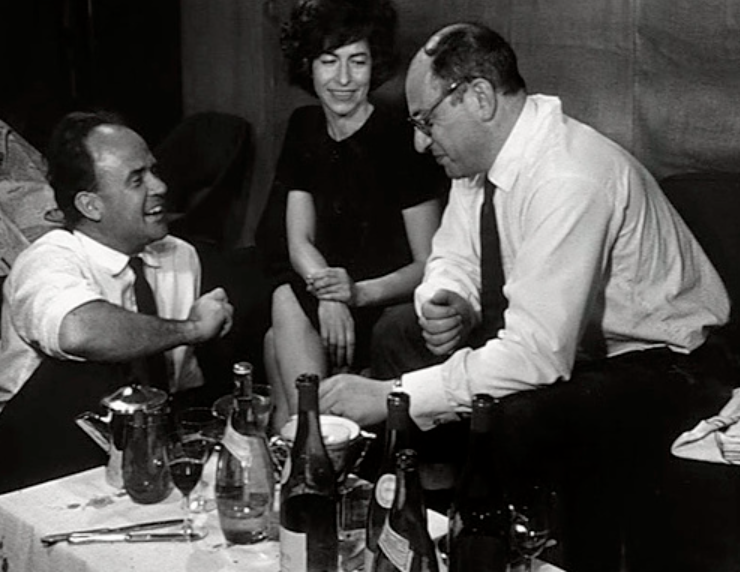We live in an era where video materials are used for education purposes almost as much as any alternative means of learning materials. Also, numerous video platforms allow their users to enjoy various documentary achievements talking about different topics which were almost unimaginable a few decades ago. But what is the importance of watching documentaries and why are they so different from other forms of video materials? Be our guests and read the following lines so you could find out for yourself.
Who Can Watch Documentaries?

In a nutshell, almost everybody can profit from various documentaries, regardless of their age. Surely, we should also emphasize there is material for any audience out there, presuming they are willing to find out something new about a particular event, era, theory, or a person. Considering the aforementioned, we notice that the only necessary prerequisite for watching any documentary is knowing the language and the terminology used in the film, but we should underline the nomenclature since nowadays anything you intend on watching is either titled or synchronized to match the language of the viewers.
Mind-Expanding Material
No matter which type of documentaries you prefer, or intend on watching, you should be aware that you are actually expanding your reasoning field, which represents a forerunner for the futuristic means of learning new skills. Since the material you choose to watch influences in which way you are going to develop your character, you can even manipulate yourself into spending more time focused on interesting material while you are having some fun at the same time. It is out of the question that you should limit yourself to a specific number of films on a daily basis, but we should also highlight that the alternative ways of processing large amounts of information are either less effective or at least, more boring.
Sources

One should always be careful when watching materials that come from unreliable sources since the message they might be trying to deliver could either be false or misguided. This often happens when sensitive topics are being processed, where we have more than one quarreling side claiming their point of view is the only true one. You are probably aware of the famous quote from Winston Churchill saying that history is written by victors, so you should bear the meaning of this proverb when you encounter dubious material. Also, when war documentaries are in question, we agree that there are no winners at wars, only widows, which are left to tell the story.
What is A Documentary?
Surely, there are types of documentaries other than those that talk about historical battles and warlords, although they often pick up the sympathies of curious minds willing to inform themselves this way. In a nutshell, a documentary talks about a journey or a process, a mission or a campaign, and it either documents the story by hard evidence and still living eyewitnesses, or recreates the memoir trying to present what has happened using actors and relying on a story as much as possible. For example, Esti Prager Florida spa owner has a story about a carefully crafted documentary you would want to check out and see how big of an impact it might have on you.
According to movie critic and theoretician Bill Nichols, there are 6 different modes of documentaries depending on the special treats they deliver. So read the following lines and see if you can relate to his list.
1. Poetic Mode

This specific mode is characteristic for the imagery used in the movie since the frames used often say more than words, thus, the protagonist is either futile or has a symbolic role of the narrator. One way or the other, you will have the story told, only, the craft of the director and the complexity of the storyline overshadow the necessity of the spoken word.
2. Expository Mode
We would like to emphasize the role of Morgan Freeman and credit his voice for making this mode one of the most recognized ones. Namely, this mode potentiates the narrative and the diction accompanies the material as it unravels. Surely, the voice is as important as the material that makes the documentary, since solely one feature would be inapplicable without the other being the same or even of better quality.
3. Participatory Mode

As its name suggests, this type of documentary implies that the creators actively participate and interact with the main topic they film about. Directors often try to point to the real version of the story by using real-life footage to back their story up with raw and uncut scenes they witness.
4. Observational Mode
Even in this mode, directors and filmmakers have an important role, but the catch is not to mess with the real deal but transfer it to the screen without even minimal interference. Although this is hard to export without making even the slightest of impacts, a viewer should feel as being a part of unique scenery, as if they were present. One could say that surveillance camera could do the same thing without causing the distraction, but we assure that grand names of observational documentary mode caused the ones who were filmed to be as natural as an interesting subject worthy of attention possibly can.
5. Reflexive Mode

The essence of reflexive mode is to show the audience how something is done behind the scenes. If you think about bands rewarding their fans with extra materials from the studio sessions where they create something new without reflecting on the presence of the camera, you can get an idea of what this mode is all about. Not to be mistaken, this approach has been used in different art expressions and its appliance is primarily of artistic features, not commercial.
6. Performative Mode
Not like the other modes mentioned earlier, this one involves the director, their relationship and experience with the subject, and the subject as presented and accepted by the general public. In essence, by watching this type of documentary you will conclude that not everything is as described in the manual, while the shiny commercial has a background story nobody ever talks about, even when it is obvious.
We certainly hope that we have brought you closer to what documentaries really are. Not only that, but we also hope that the modes we have introduced you to will help you pick your future watching material based on the pieces of information listed above. Anyway, there is so much a documentary can teach you, both about yourself and the others, even if that does not seem to be the point once you press the play button and open your popcorn.

